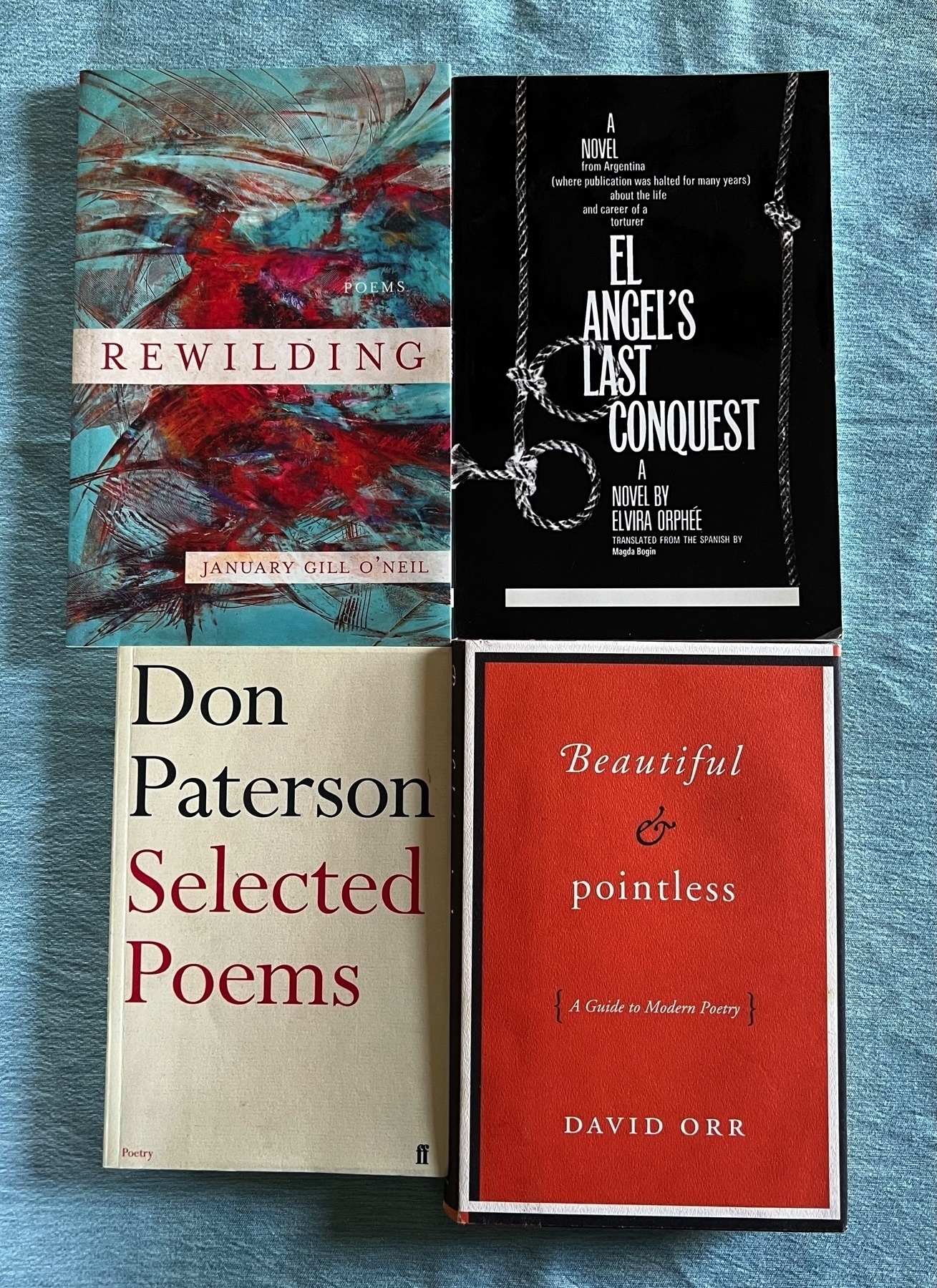I think I took this is Sweden.

I think I took this is Sweden.

I don’t remember when or where this picture was taken.

Bookshelf Juxtapositions #115
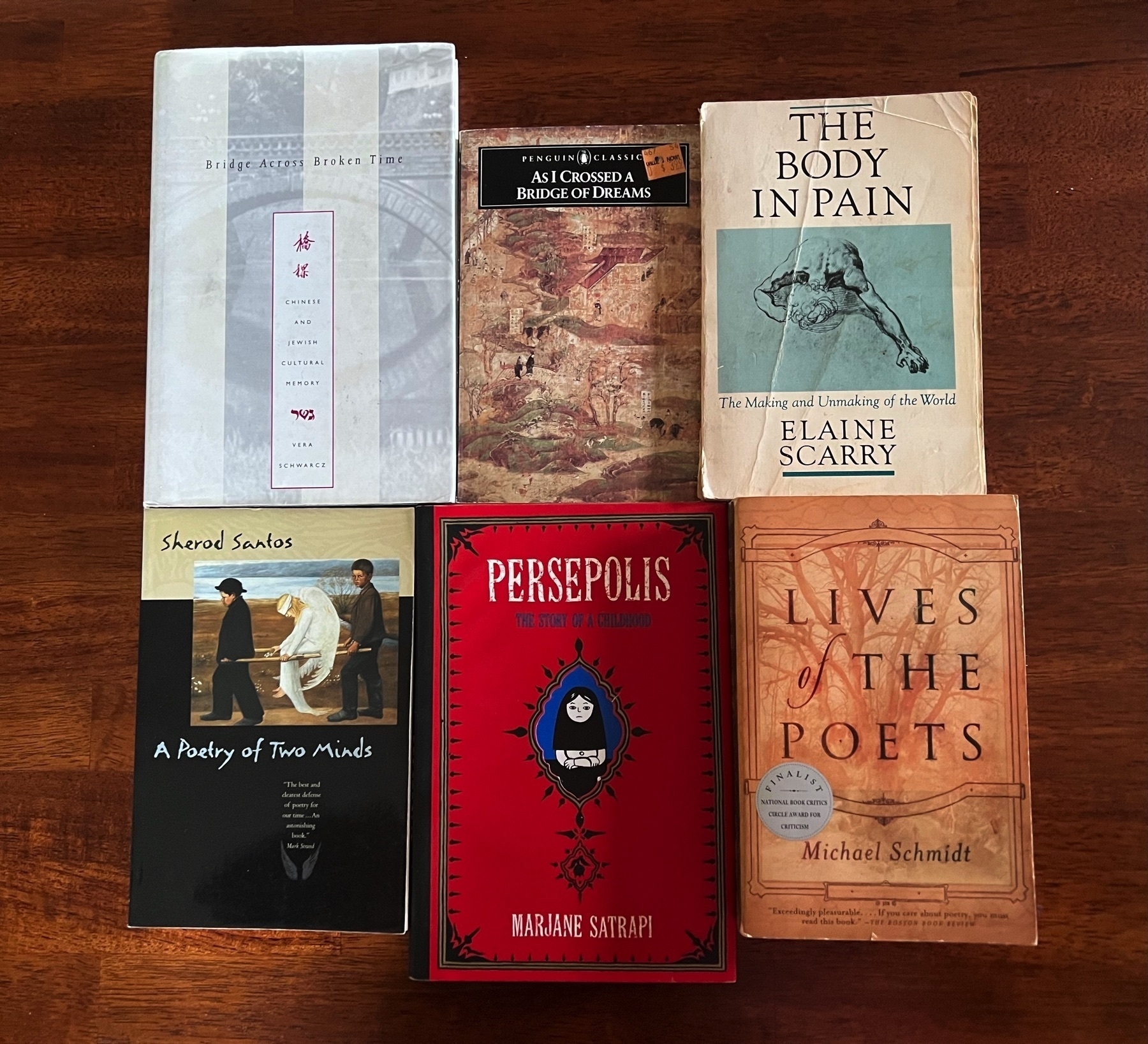
I liked these poems by Unoma Azuah in Isele Magazine
Bookshelf Juxtapositions #114
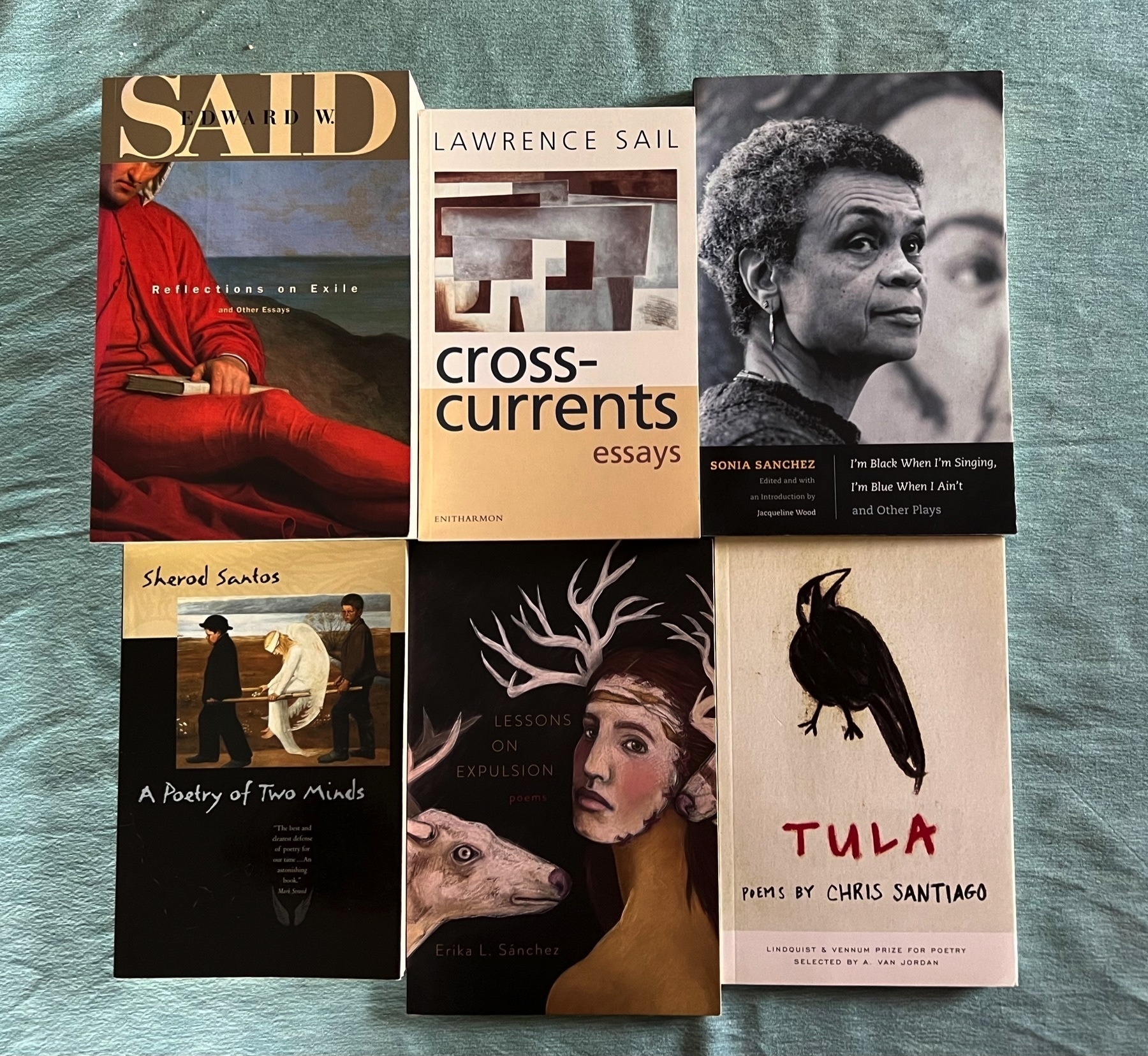
Bookshelf Juxtapositions #113
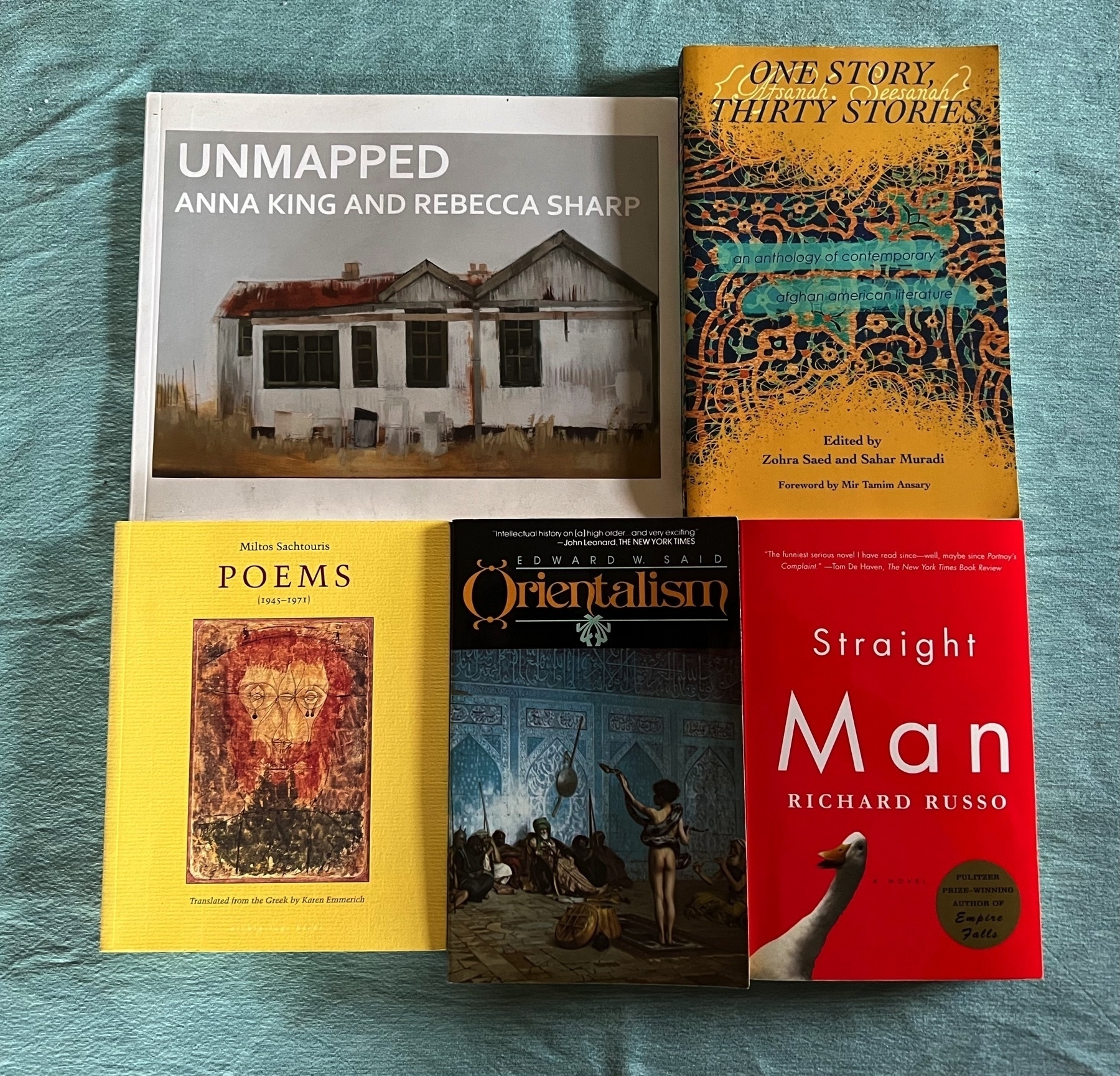
From a long time ago: their names were Matisse and Colette.
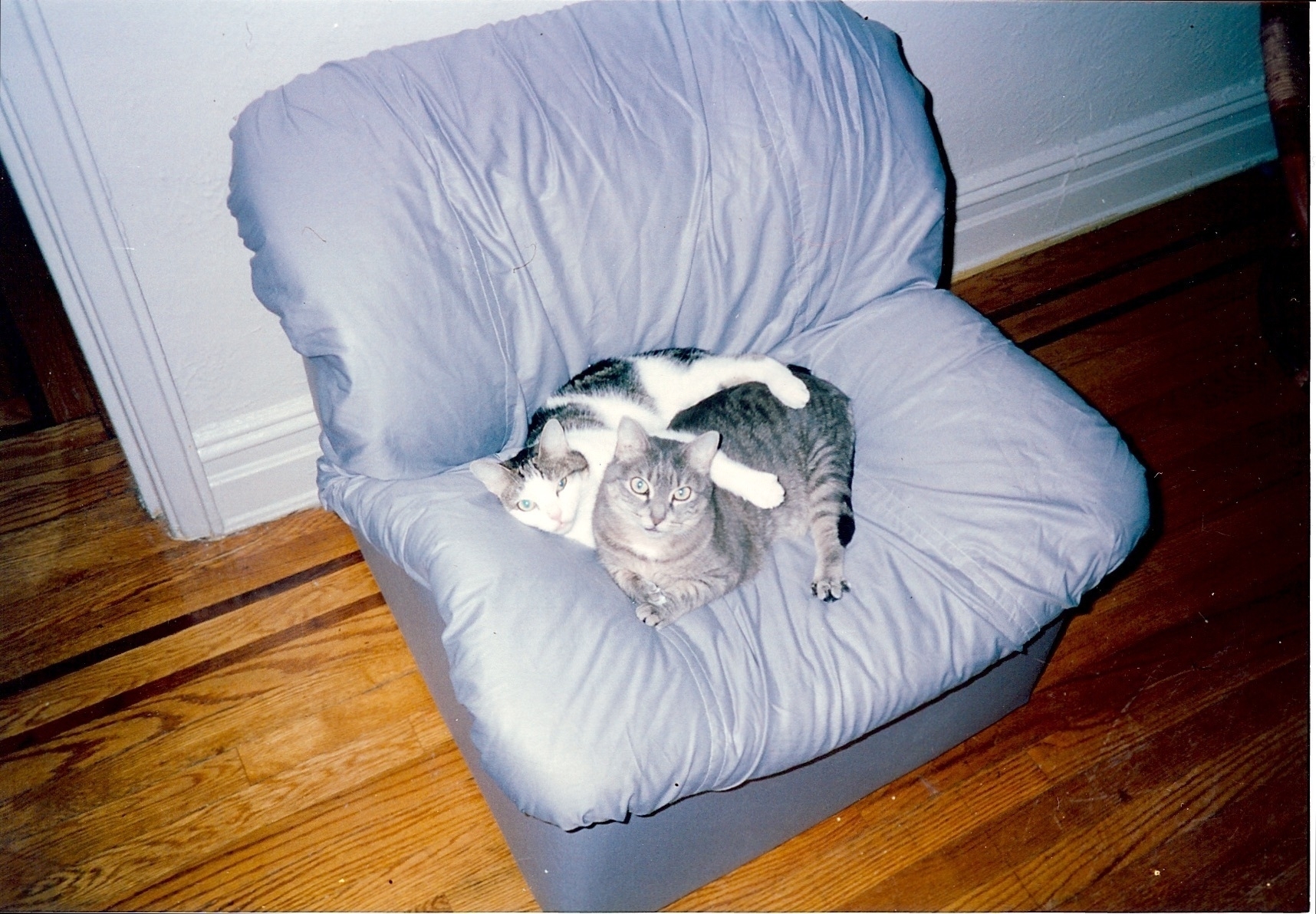
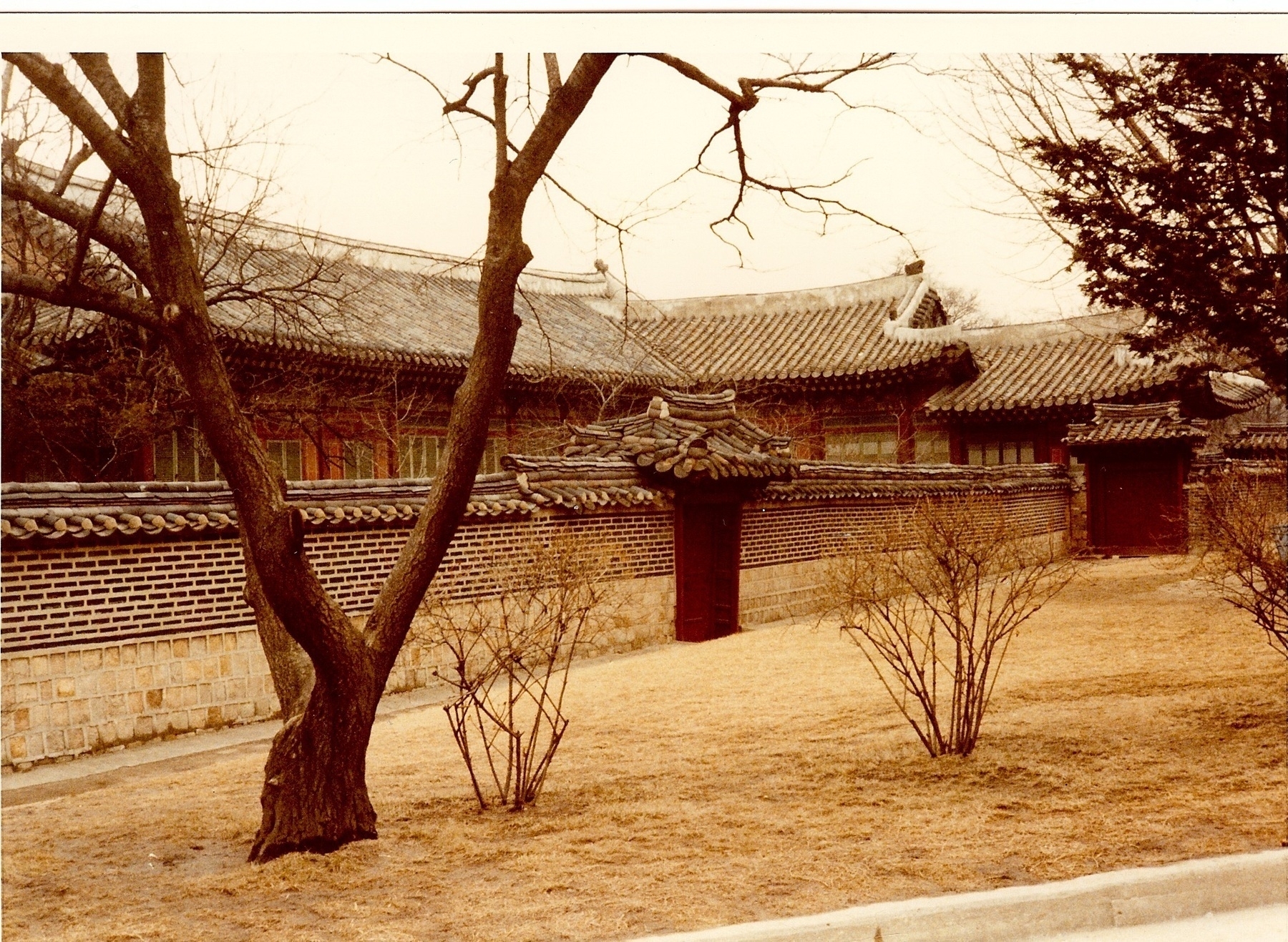
Bookshelf Juxtapositions #112
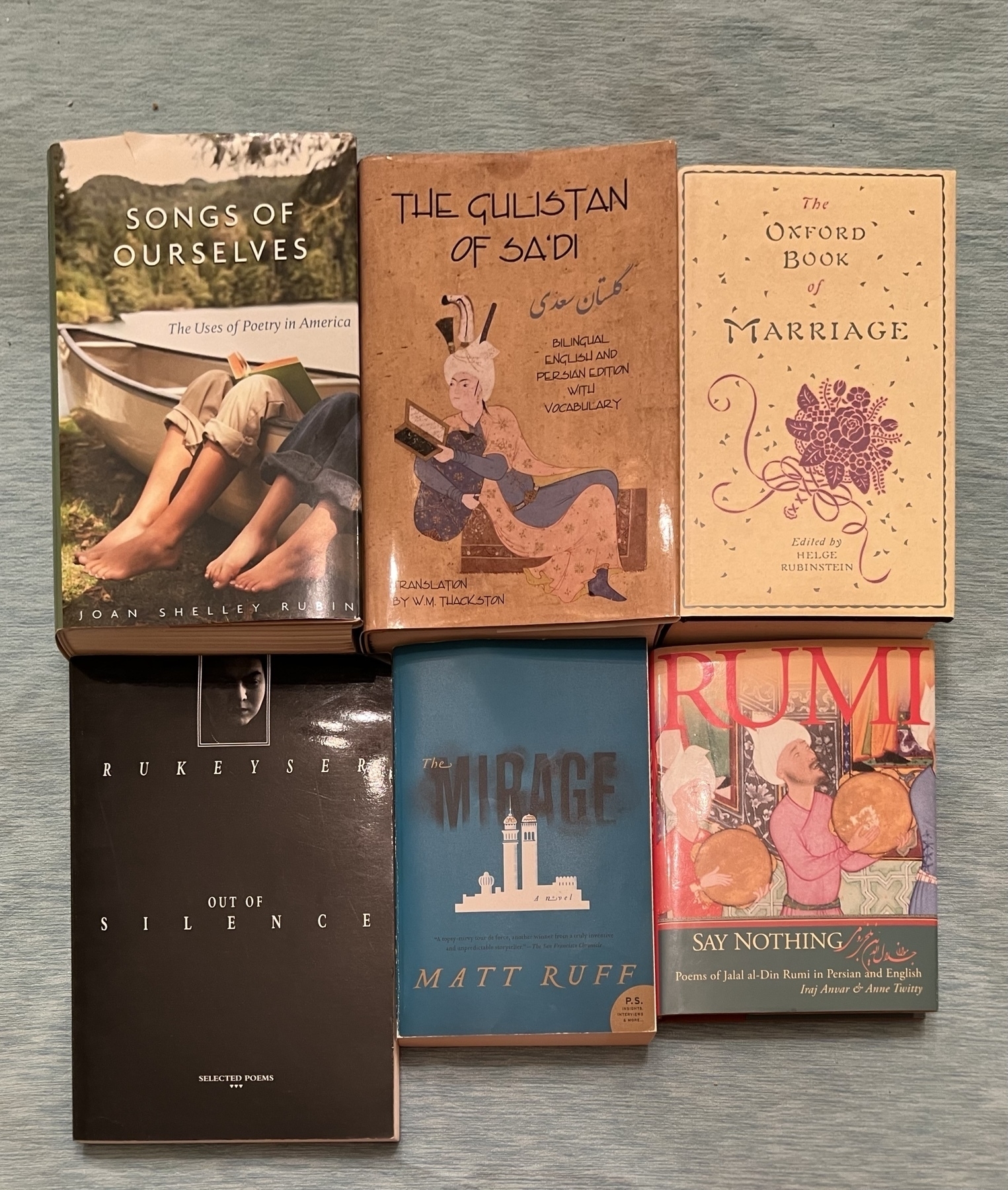
Bookshelf Juxtapositions #111
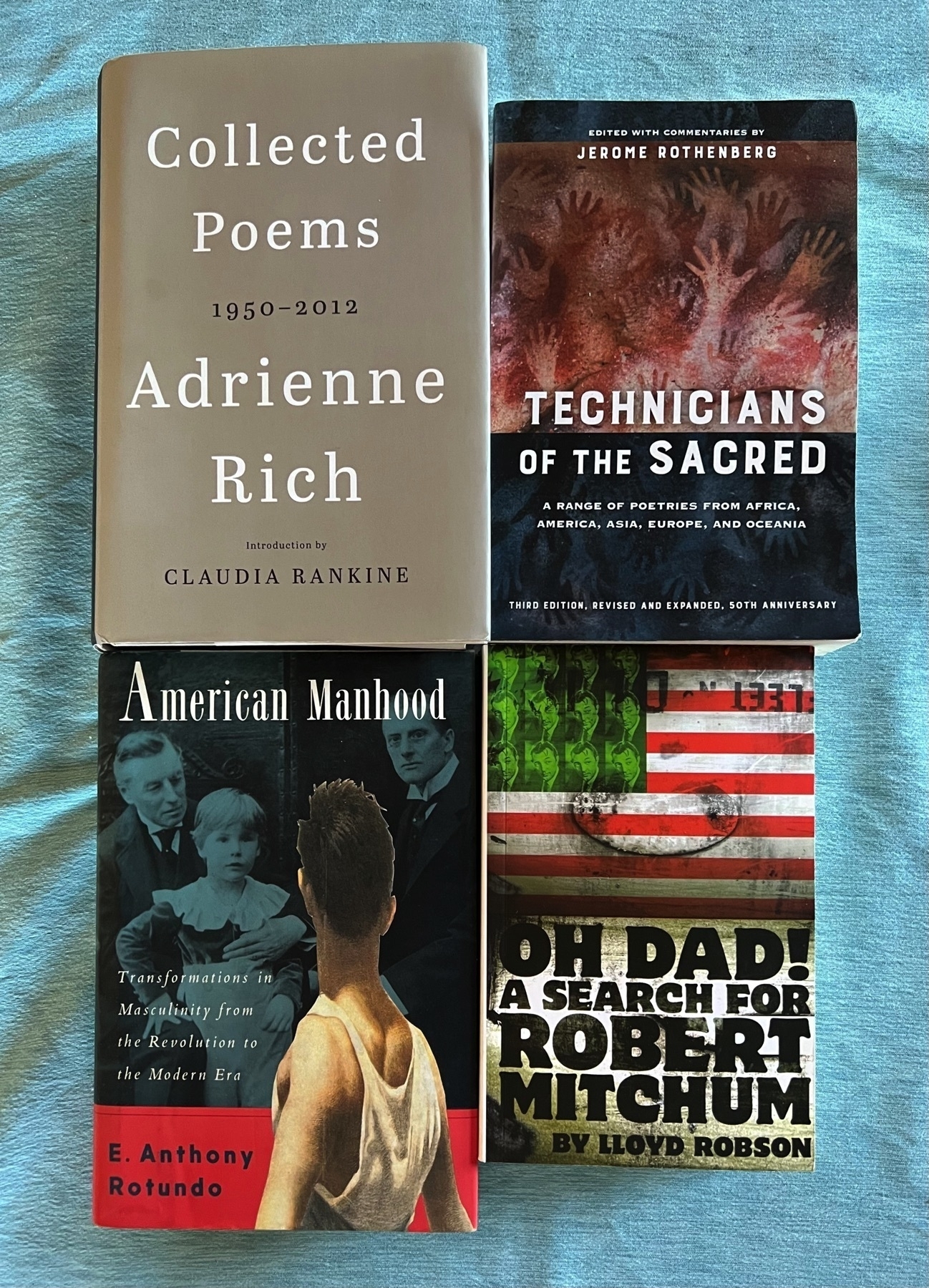
Bookshelf Juxtapositions #110
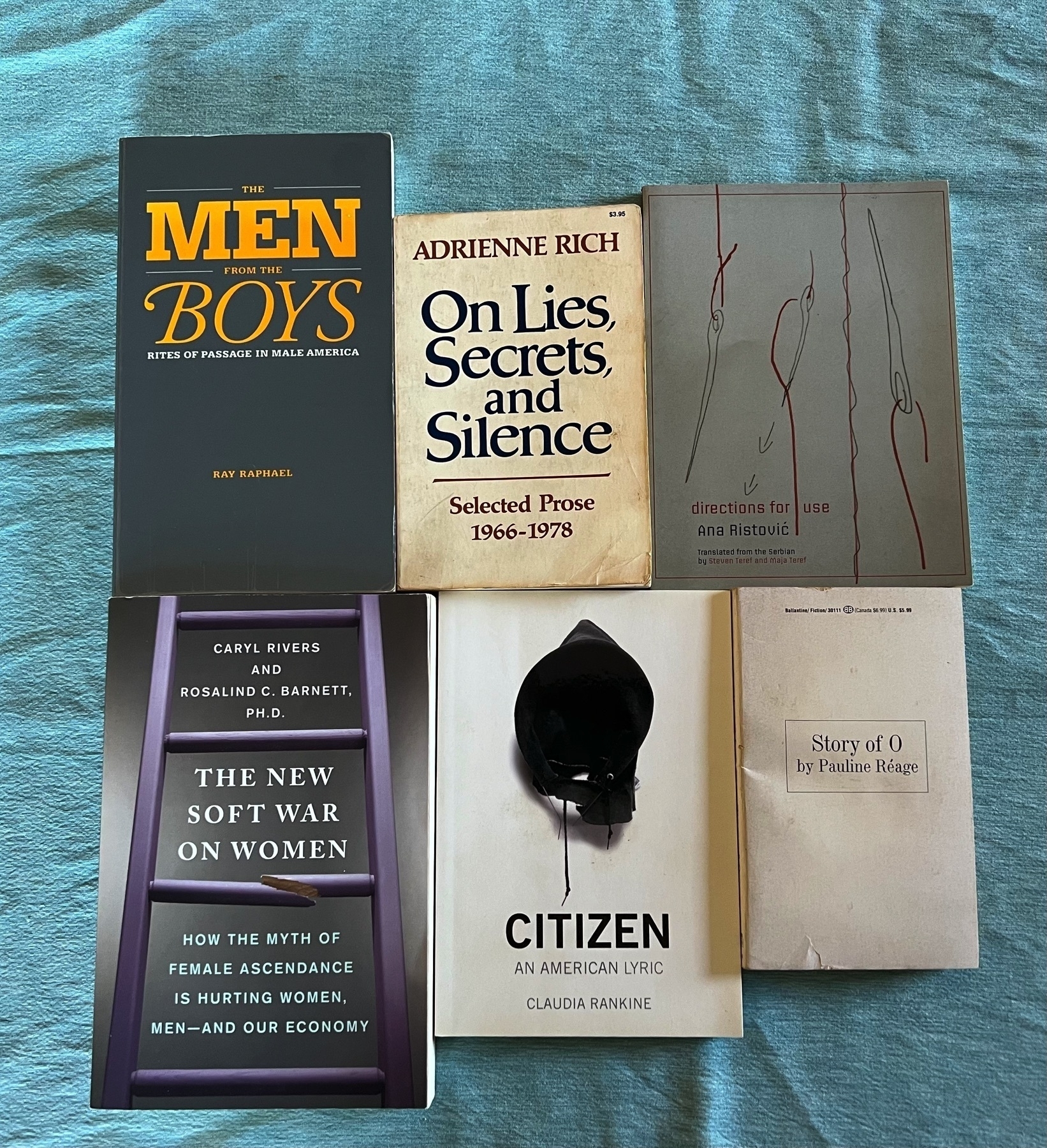
“For me, imagination is synonymous with discovery. To imagine, to discover, to carry our bit of light to the living penumbra where all the infinite possibilities, forms, and numbers exist. I do not believe in creation but in discovery, and I don’t believe in the seated artist but in the one who is walking the road. The imagination is a spiritual apparatus, a luminous explorer of the world it discovers. The imagination fixes and gives clear life to fragments of the invisible reality where man is stirring.”
—Federico García Lorca
Birds on the roof across the street.

Bookshelf Juxtapositions #109
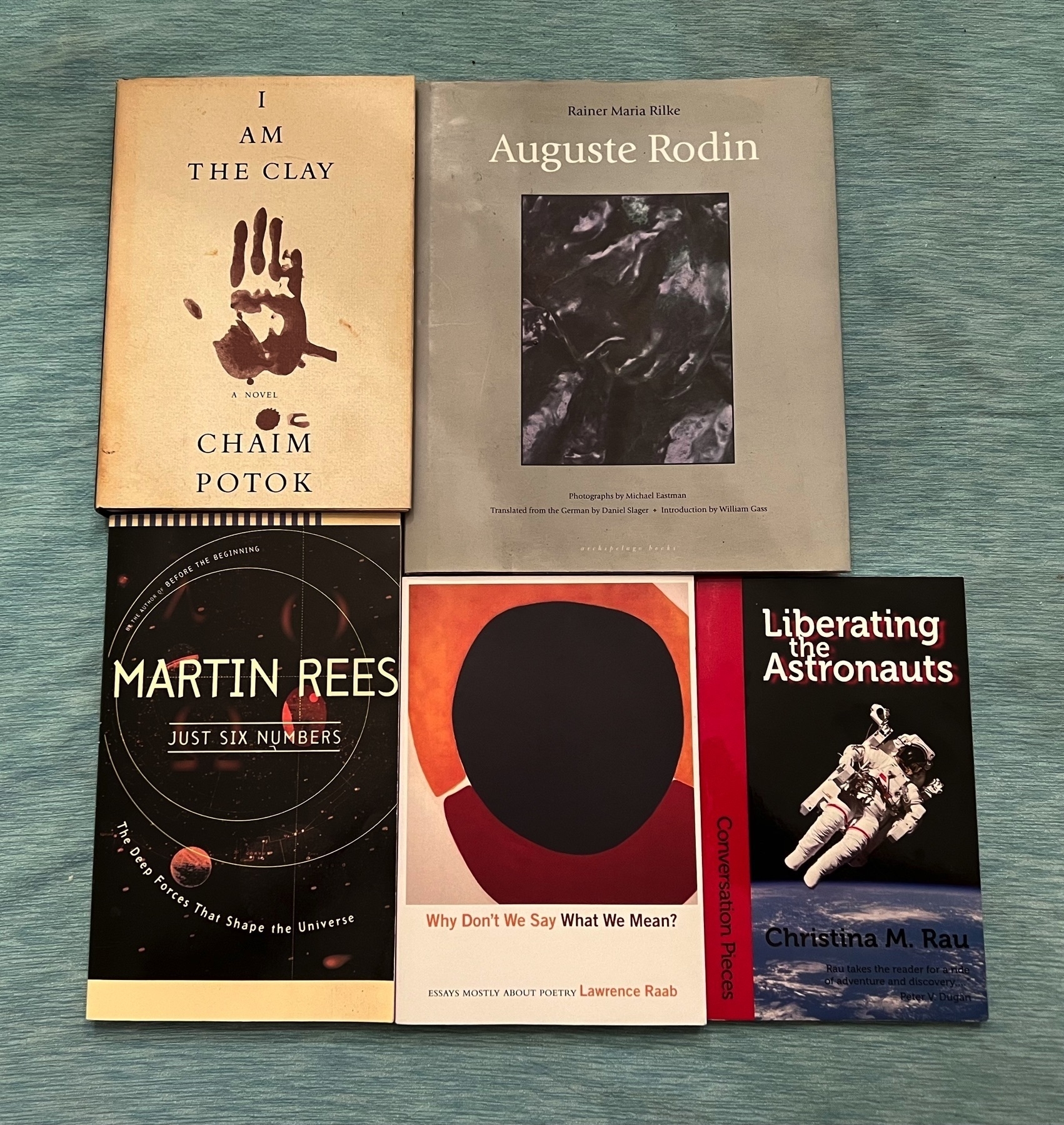
Perched high in a tree, a man chopped hard
at the base of the branch where he was sitting.
Looking up, the garden’s owner said,
“He commits a crime against himself, not me.”
There’s wisdom in those words, if you will hear it:
Don’t use force to overthrow the weak.
-Saadi
The largest samovar I’ve ever seen.

Bookshelf Juxtapositions #108
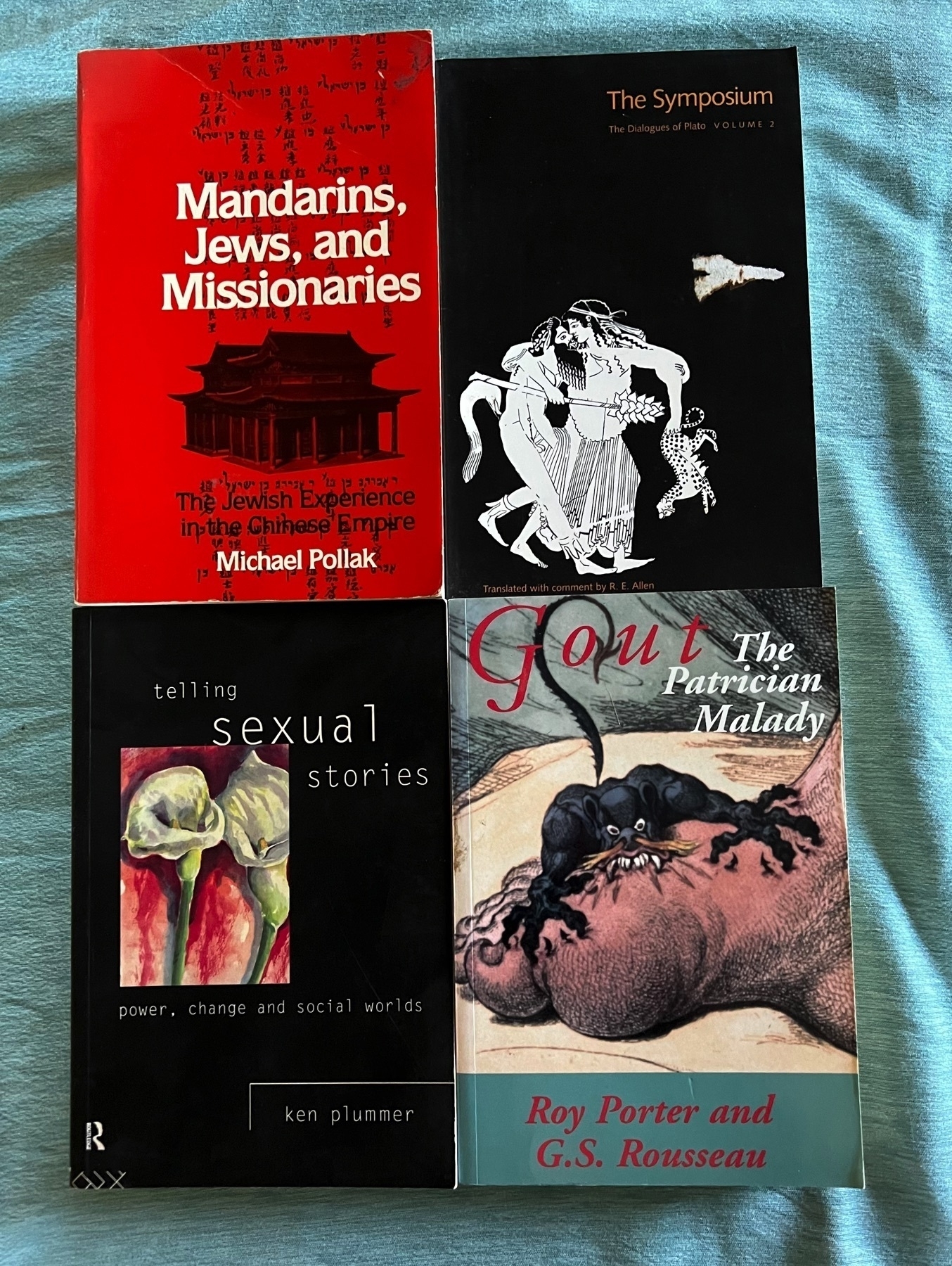
I like how the cat and the doll are giving off almost the exact same vibe. It’s just that the cat’s gaze is pointed down, while the doll is looking up.

Me and Mikey. I post this every so often. I miss him.

Smoked fish in Iran.

Bookshelf Juxtapositions #107
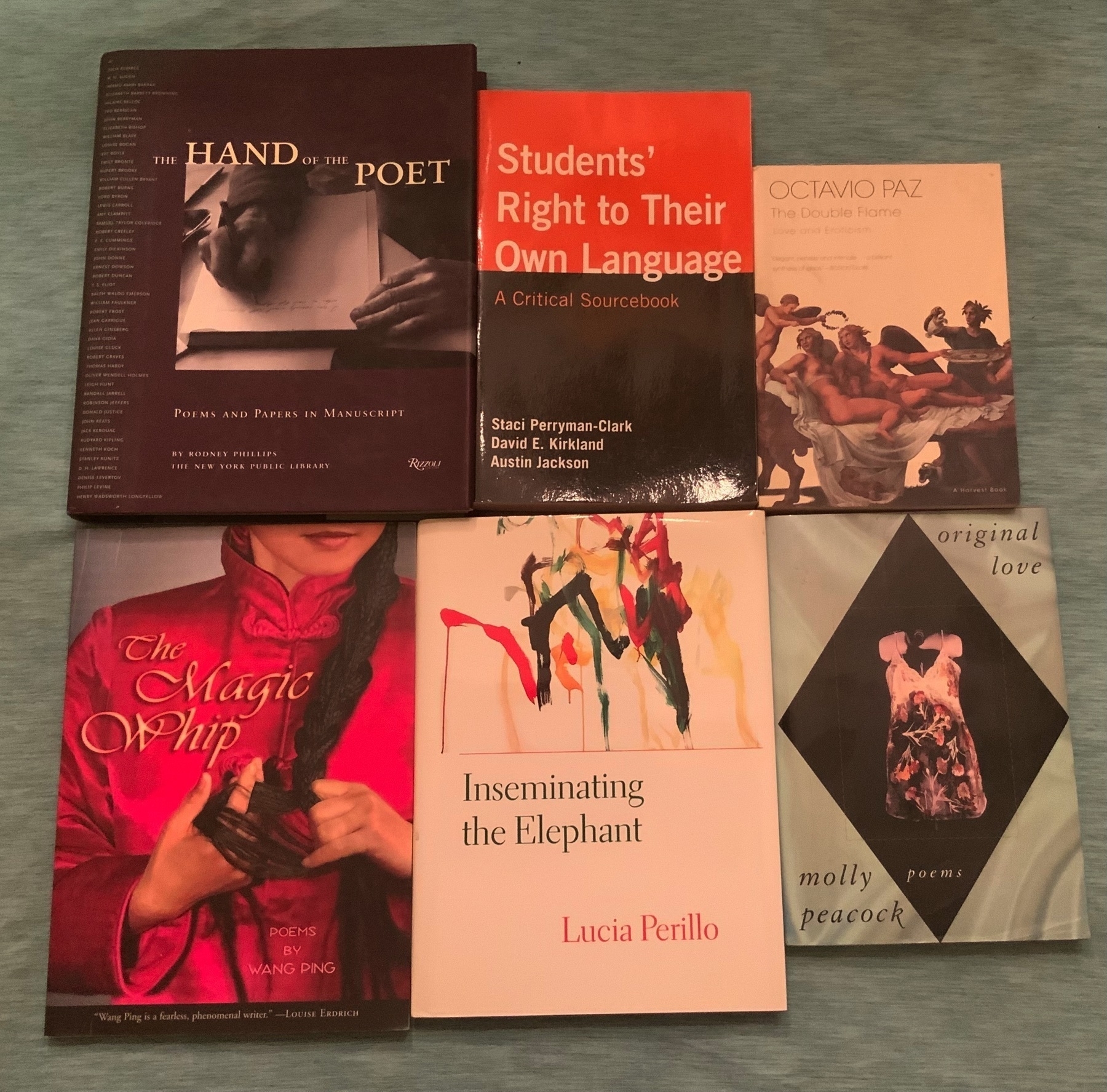
From the most recent issue of my newsletter:
Regardless of their differing beliefs about abortion, workers nationwide have benefitted from the increased presence of women at all levels of the workplace. The Family Medical Leave Act (FMLA), for example, imperfect as it is, would not exist were it not for women’s demands that the workplace adapt to their needs as caregivers. Nor would the concept of family leave even exist if maternity leave had not existed first. Indeed, the whole concept of a healthy work-life balance has its roots in women’s refusal to define themselves solely in terms of their jobs, the level of commitment employers have long believed it reasonable to expect from men.
Women’s leadership has brought other benefits to the workplace as well. They fought to redefine the “old boys network” as a form of sexual discrimination, which helped not only women, but also workers who might have been excluded from those networks for reasons other than gender; the laws against sexual harassment, which were originally intended to protect women, have made the workplace (at least relatively) safer for all genders and sexualities; and there is even evidence to suggest that greater numbers of women in the workforce leads to higher wages for all workers. None of these benefits and protections are perfect; none are distributed fairly throughout the nation’s workforce; but they all demonstrate that women have helped redefine in progressive ways what it means to be a worker, regardless of gender, something that would not have been possible if they did not have control over their own reproductive lives.
Bookshelf Juxtapositions #106
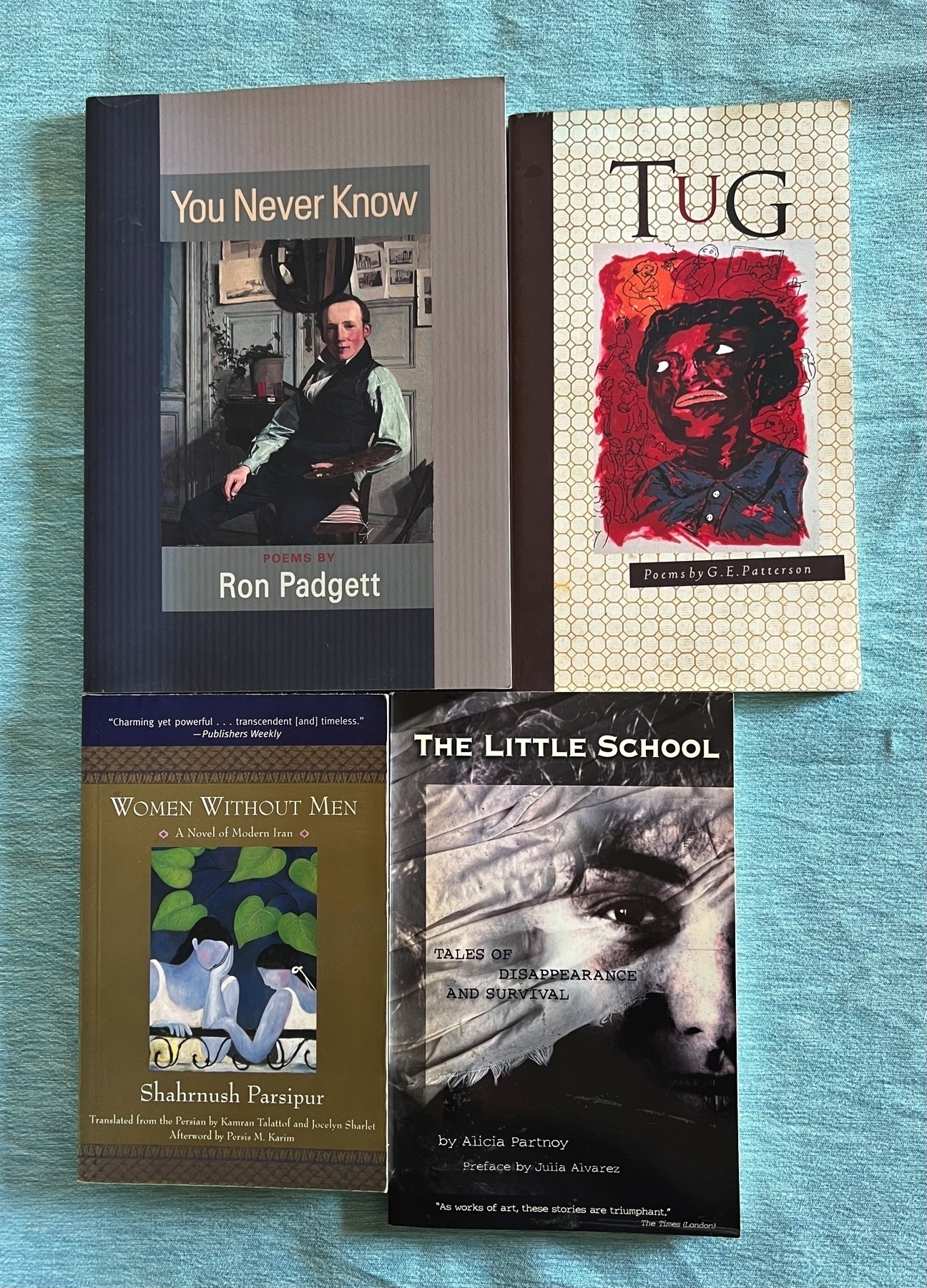
My new newsletter is out: Being A Woman Is Not A Punishment: What’s At Stake For Men in The Policing of Women’s Bodies.
Bookshelf Juxtapositions #105
